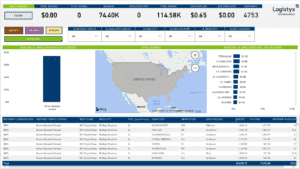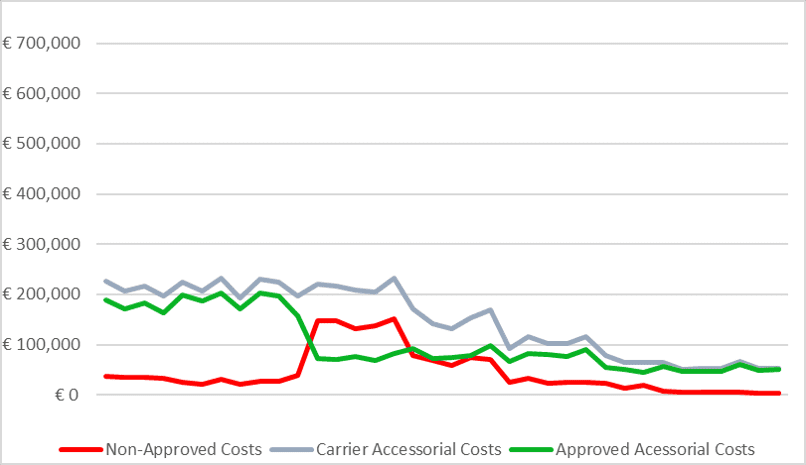 Note: Today’s post is part of our “Editor’s Choice” series where we highlight recent posts published by our sponsors that provide supply chain insights and advice. Today’s article is from Logistyx Technologies, and highlights some of the reasons a company would want to implement a cloud multi-carrier parcel management system.
Note: Today’s post is part of our “Editor’s Choice” series where we highlight recent posts published by our sponsors that provide supply chain insights and advice. Today’s article is from Logistyx Technologies, and highlights some of the reasons a company would want to implement a cloud multi-carrier parcel management system.
Not too long ago, if you were implementing a Transportation Management System for parcel shipping, also known as a multi-carrier parcel management system, you had to buy the software and install it on premise. Today, this has changed. Sophisticated multi-carrier parcel management systems are in the cloud, and adoption rates are increasing not only within large, global enterprises, but within small to mid-sized organizations as well.
Why the sudden increase in popularity? Here are 10 reasons:
- Low Barriers to Entry: A cloud system eliminates expensive, upfront installation-related expenditures associated with hardware and software, enabling any size organization to utilize the technology. Instead, with a cloud multi-carrier parcel management system, shippers pay subscription or usage fees.
- Easy Enhancements: The cloud multi-carrier parcel management software provider is responsible for solution upgrades and enhancements, including application maintenance, and most application upgrades can be deployed automatically, eliminating the need for internal IT resources.
- Connectivity: These systems connect the shipper to carriers and supply chain software providers The right system will enable the shipper or logistics service provider to meet the customer’s shipping requirements from within the multi-carrier parcel management system, and there should be no limit to how many carrier service integrations the system can manage. The system will automatically determine the carrier that can provide the best rates to a particular region and according to the shipper’s business rules, ensuring every shipment is in compliance with each carrier’s labeling and communication standards, as well as with any applicable trade regulations. This provides shippers and logistics service providers with the agility to quickly onboard new carriers or carrier services in the event of a supply chain disruption and provide them with the flexibility they need to accommodate increasing shipping volumes, manage new or unexpected shipment origins and destinations, and meet customer delivery expectations.
Click HERE to read the full article.
























